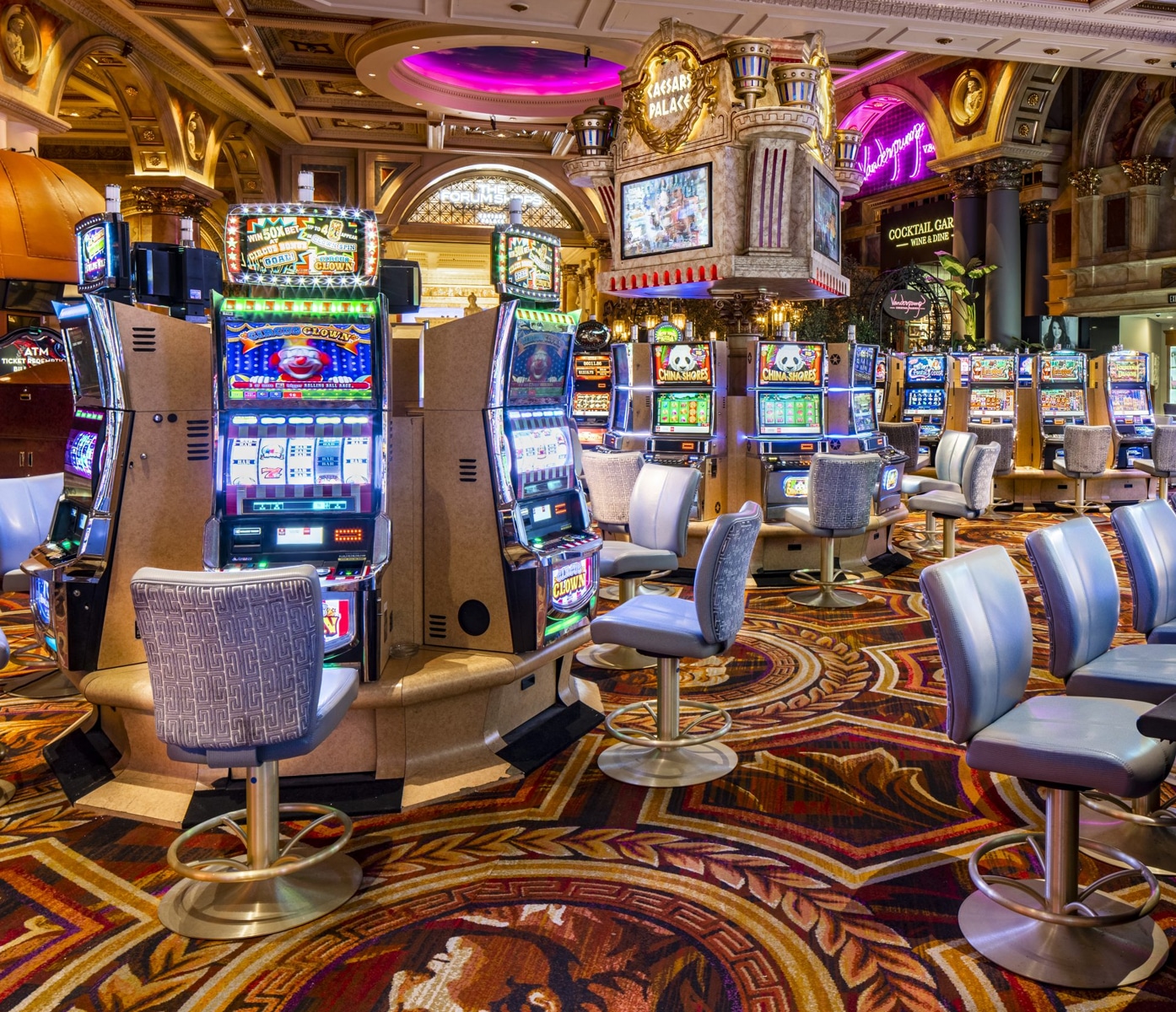Casino games have long been a significant aspect of human culture, offering not just entertainment but a intriguing reflection of our aspirations, wishes, and anxieties. From the rotating wheels of a slot machine to the strategic gameplay of poker, these games represent a spectrum of human emotions and incidents. At their core, casino games are not just a chance to earn cash; they are a microcosm of life itself, where risk versus reward merge and fortunes can change in an moment.
As players assemble around tables or sit in front of vibrantly illuminated machines, they engage in a tradition that transcends mere betting. These games mirror our innate desires for relationships, adventure, and the quest for chance. They also unveil deeper truths about human psychology, such as our relationship with chance and the thrill of uncertainty. In exploring casino games, we reveal not only the nuances of play but also the complex weave of the human story, showcasing our woven narratives of goal and reality.

The Psychology of Gambling
Gambling is deeply rooted in human psychology, tapping into various emotions and desires. The thrill of taking risks is a core aspect that attracts participants, be it it’s thrill of spinning a roulette or the excitement of drawing a winning hand in poker. This adrenaline is often compared to other forms of excitement, as the unpredictability of outcomes elicits a unique psychological response. Players often become captivated by the chance of winning big, leading to an irresistible draw toward gambling games.
Additionally, a crucial component of the psychology behind gambling is the concept of optimism and aspiration. Players often indulge in fantasies of financial freedom and the opulent lifestyle that can accompany winning. This hope fuels their continued participation in casino games, as it provides a sense of meaning and the belief that a life-changing win could be just one bet away. The narrative of overcoming odds and achieving success resonates with many, reinforcing their dedication to play and involve themselves with these games.
Lastly, social aspects play a significant role in gambling psychology. Gambling venues are designed to foster social interaction, where gamblers gather to share the journey of wins and losses. This communal aspect not only enhances enjoyment but also influences behavior, as individuals often mimic the actions of others in their vicinity. The collective approval found in mutual thrill can magnify the emotional experience, making casino games a reflection of not just personal desires but also shared involvement within the gaming community.
## The Dual Nature of Risk and Reward
Gambling games embody the fragile balance between danger and reward that resonates deeply with the human experience. gk88.science The rush of placing a wager is often accompanied by a rush of adrenaline, as gamblers are confronted with the chance of striking it rich, yet cognizant of the possibility to lose. This bipartisan experience reflects a core aspect of life: the paths we choose often come with built-in risks, and the pursuit of reward can drive us to make risky moves we might not otherwise consider. In this way, gambling activities reflect real-world decisions, enticing players to risk not just their funds, but also their dreams.
The allure of grand jackpots and payouts fuels a feeling of positivity, motivating players to imagine a brighter future that could arise from a lucky spin of the wheel or turn of a card. This positive outlook can motivate individuals to engage in riskier behaviors, urging them to push their boundaries in search of economic benefit. However, just as in life, the consequences of these decisions can lead to both triumph and loss. The stories of both big winners and those who have lost everything at the casino demonstrate the random nature of luck and its impactful effect on our lives.
Ultimately, the interaction of engaging with gambling activities serves as a potent reminder of the nature of humanity. Every game played is filled with the tension of risk, as gamblers weigh the gains against the dangers. This dynamic not only highlights the thrill that comes with gambling but also reveals the weaknesses that come with the urge for more. As we explore the challenges of choice and consequence in both the gambling world and in life, we find that the search for benefit shapes our character and experiences in deep ways.
Community and Loneliness in Casino Culture
Gambling environment is a distinct mix of social engagement and personal endeavor, reflecting the contrasts of human experience. Gamblers often gather around tables, experiencing in the excitement of the game, celebrating wins, and sympathizing over losses. This social aspect is crucial, as it creates a sense of belonging and camaraderie among diverse groups of individuals. Regular attendees to gaming establishments may form friendships and develop routines, turning the casino into a second home where they experience linked to a larger community of gamblers.
However, the attraction of casino games can also lead to isolation. As individuals become engrossed in the thrill of gambling, they may isolate from personal relationships or fail to interact with the world outside the casino. For some, the search of a windfall can distract from genuine relationships, leading to loneliness. The experience of being among people yet feeling solitary is not uncommon, as the attention shifts from shared enjoyment to the private concerns of each individual’s journey.
This interaction of community and solitude creates a vivid mosaic that defines casino atmosphere. It showcases the complexity of social interactions, where happiness and sorrow coexist. Gambling venues serve as both a sanctuary for social interaction and a platform for individual challenges, demonstrating how intimately connected our yearning for companionship and the personal quest for fortune can be. In navigating this landscape, gamblers confront their own narratives—seeking both the rush of the wager and the fellowship of fellow gamblers, ultimately reflecting the broader spectrum of human experience.